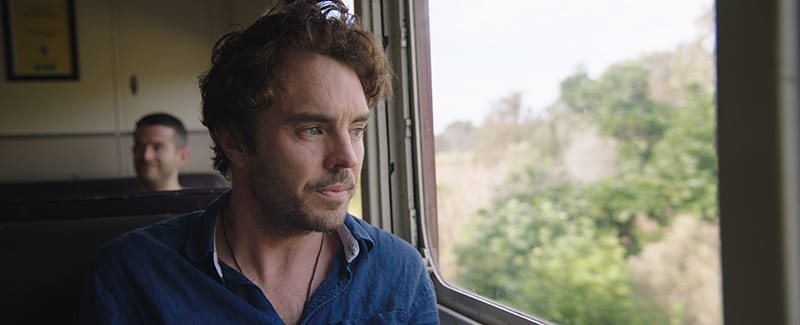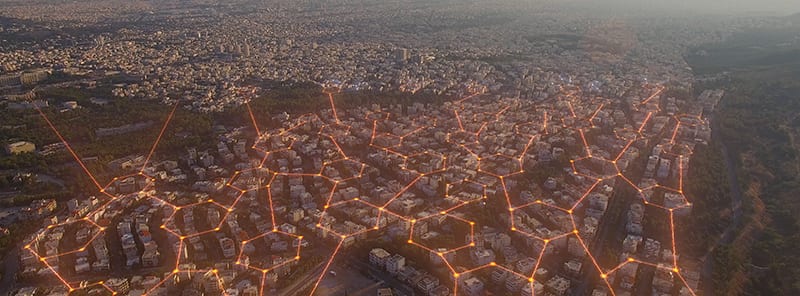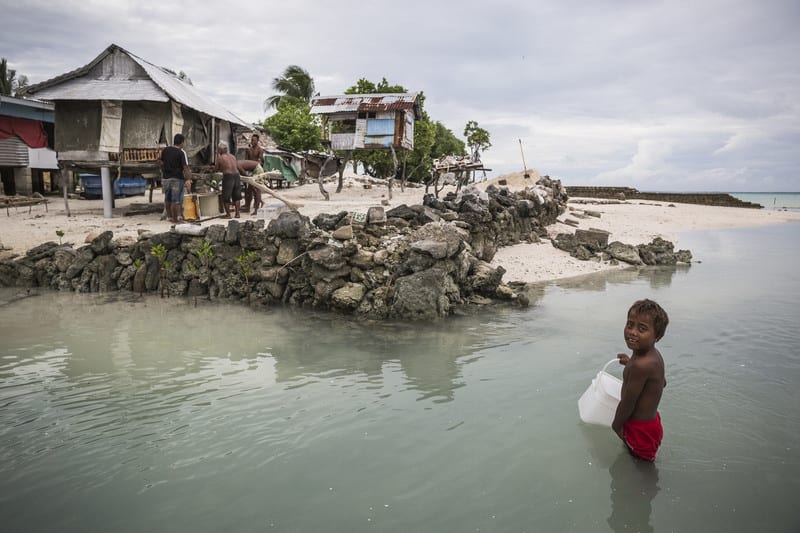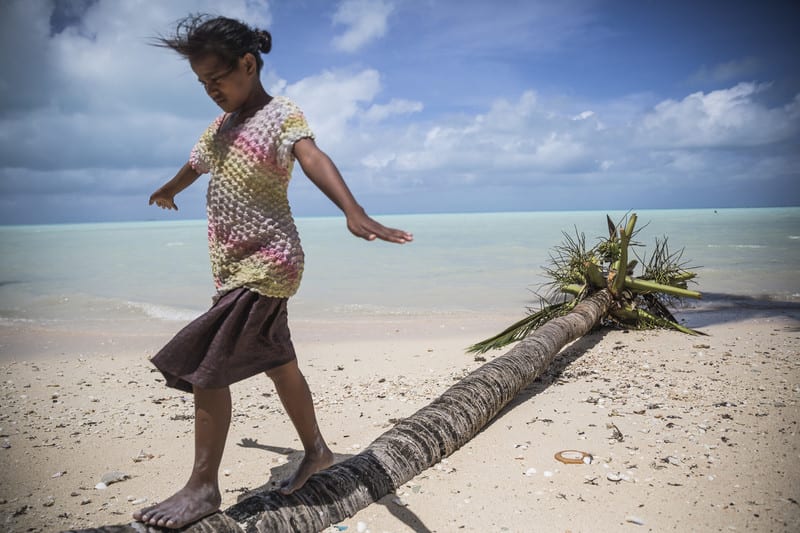Local solutions to global challenges.
Turn on the news on any given day, and chances are you’ll be bombarded with a stream of stories from around the world ranging from the bleak to the downright terrifying. The documentary 2040 gives us an alternative view – one where, if we play our cards right, we could dare to imagine a different future.
Through a visual letter to his young daughter, director Damon Gameau skilfully illuminates a hopeful world two decades into the future that has successfully adapted to the challenges posed by climate breakdown.
Gameau plays with the idea of innocence; relating his four-year-old daughter’s expanding world – as she grows up and her safe bubble is pierced by outside influences – to our reluctance to leave the blissful ignorance of climate inaction. As he says, it is time to leave the bubble.
According to the documentary-maker, there is plenty of reason not to fear the future. A key element of 2040’s success is that the world Gameau presents is envisioned only with technologies and solutions already invented today.
From micro-grid renewable energy in full swing in Bangladesh, to farmers switching to regenerative agricultural methods, to marine permaculture that could solve our food insecurity woes, it is an exercise in “fact-based dreaming” – and it shows that in many cases, action is being led from the ground up.
We know that climate destruction is hitting some of the poorest people in the world first and worst. At Oxfam, we regularly see examples of people displaced by rising sea levels, homes destroyed by super cyclones, and livelihoods and food sources under constant threat from more frequent and intense extreme weather events.
But it’s encouraging to see films like 2040 highlight how, in many cases, they’re also leading the charge – coming up with local solutions to global challenges, through innovation and community-focused initiatives that the rest of the world can learn from.
But is it only with the innocent naivety of a child that we can hope for an optimistic future?
The film touches on the immense wealth and power wielded by vested interests to quell political action and maintain our status quo reliant on fossil fuel and “big agriculture”. Perhaps deliberately, it leaves blank the space where a less-hopeful notion might linger – why, if we already possess all the necessary technologies to circumvent further catastrophic damage to our planet, are we not rolling these out worldwide, with the urgency that an existential threat to our civilisation demands?
2040 leaves the question hanging – but, crucially, it also gives hope. It shows that around the world there is already a groundswell of people, from campaigners to farmers to engineers, pushing forward against the political tide. While we imagine our best 2040 scenario, others are already busy creating it. If there is one thing to take away from this film, it’s that we already have all we need to build this future. What’s clear is that the onus now lies with us, and especially our political leaders, to act.
2040 is in cinemas from 22 August 2019.
By Kelsey-Rae Taylor, Oxfam New Zealand.








